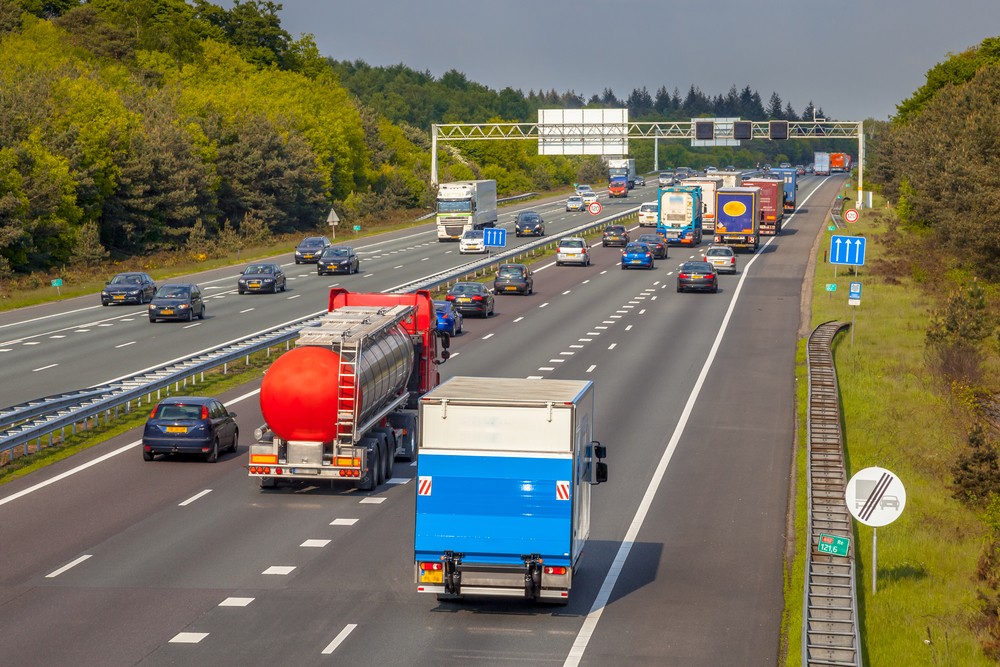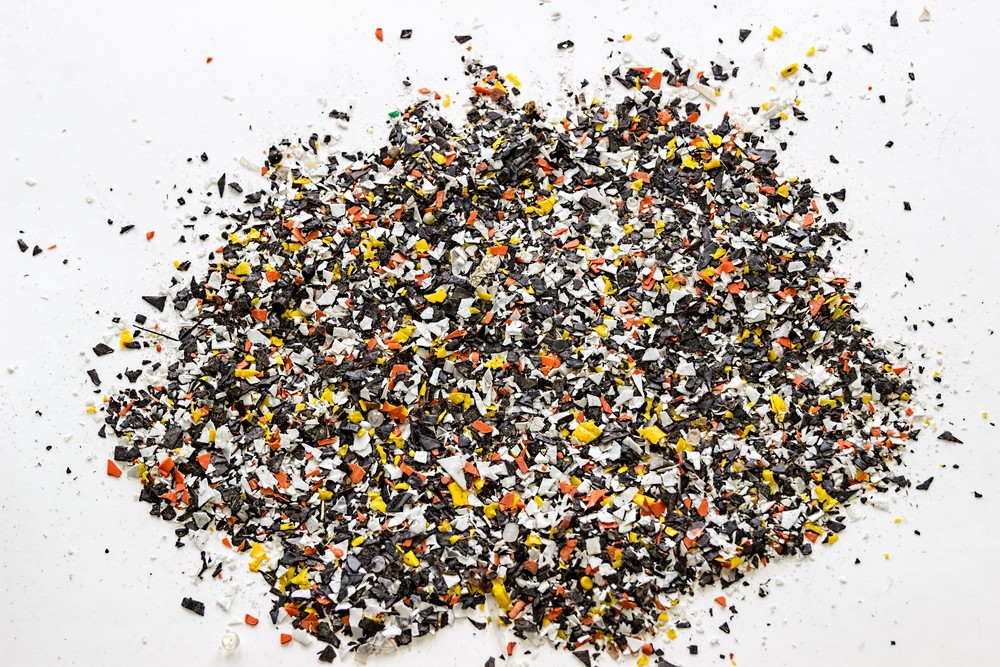Many of you have most likely heard of the “Great Pacific Garbage Patch,” or you know that there is floating garbage and debris in ocean waters all over the world. Well, while most people visualize this as an actual “island” of garbage, it’s mostly comprised of free-floating plastic and garbage suspended in ocean waters. How much garbage and plastic is in our oceans? Most experts believe that about 8 million metric tons — or 17.6 billion pounds — of plastic waste end up in oceans every year. To put that into perspective, there are more microscopic plastic fragments floating in the sea than there are stars in the Milky Way.
However, the Dutch construction firm VolkerWessels is setting out to turn that refuse into something productive by recycling ocean plastic and using it for a new network of roads.
A New Way to Build Roads
VolkerWessels is planning to sift out plastic waste by installing barricades in bodies of water off the coast of the Netherlands to help catch and collect plastic fragments. The plastic will then be scooped out of the barricades and transported to processing plants where it will be compressed and molded into dense blocks.
The plan for these recycled plastic blocks is clear. They will be used to construct VolkerWessels’ latest project, a series of highways in Rotterdam known as PlasticRoad.
Why Use Recycled Plastic?
There are plenty of reasons to use plastic for building roads as opposed to the concrete and steel alternatives.
– There’s plenty of plastic. Collectively, the world produces around 275 million tons of plastic every single year.
– Any plastic is up for grabs. Every pound of plastic that’s salvaged by VolkerWessels will be usable for its project as there are no restrictions on what kinds of plastic can be used.
– Plastic stands up to hot and cold conditions. Recycled plastic has stood up to extremely hazardous conditions in tests. Currently, plastic road materials can withstand temperatures from -40º to 176º while maintaining strength and durability.
– It’s easier to maintain. Not only will recycled plastic roads last longer than traditional concrete, but it’s also easier to repair if areas begin to wear down.
Once the final tests have been completed to determine any remaining safety issues, road construction projects using these pressed-plastic blocks could begin as early as January of 2018.
Take Part in the Future With General Kinematics
The recycling of ocean plastic debris is just one of the exciting and revolutionary undertakings happening around the world..
General Kinematics is dedicated to helping innovative companies achieve their processing goals. GK has a vast assortment of recycling equipment that can fit the needs of anyone who’s working to clean, sort and recycle a variety of materials. We have plastic, e-waste and glass recycling solutions in addition to a whole host of other options. Whatever you’re looking to recycle, we’ve got something you can rely on for years to come.
We take immense pride in the role our recycling equipment plays to help keep the recycling industry moving forward toward a brighter, cleaner, and safer tomorrow. Contact GK today and see if we can get you on the road to success.









